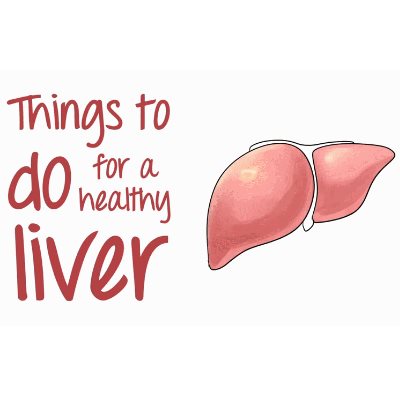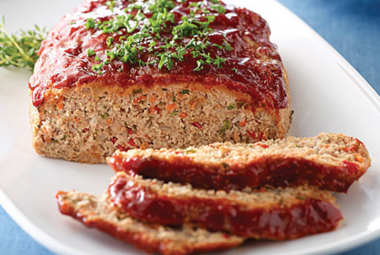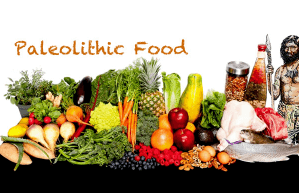Early stage non-alcoholic fatty liver disease [NAFLD] frequently is not diagnosed, since Grade I symptoms can be vague and non-specific. A non-alcoholic fatty liver diagnosis signifies deficiencies in your nutrition intake. Obesity is thought to be the most common cause of fatty infiltration of the liver. Fatty liver symptoms and diagnoses are seen primarily among obese individuals and individuals with increased waist circumference.
The good news is that, in some cases, fatty liver symptoms can be managed and reversed. The first step to manage NAFLD is to lose excess weight. Fatty liver disease can progress to cause liver inflammation, fibrosis and NASH (non-alcoholic steatohepatitis), increasing risks of liver failure. The article below by Jeanne Andrews talks about some ways to battle NAFLD through diet and nutrition.
Defeating Fatty Liver Disease Through Diet
Non-alcoholic fatty liver disease – which occurs when your liver cells accumulate fat – rapidly is becoming one of the top reasons for liver failure in the United States. It’s not clear what’s driving the trend, but the condition shares close ties with both obesity and diabetes, so it’s likely that the same metabolic process responsible for those also triggers non-alcoholic fatty liver disease.
Fortunately, it’s possible to reverse fatty liver disease before it irreversibly scars and damages your liver. Unfortunately, the cure is one that many people find difficult to accomplish: weight loss.
Fatty Liver Disease Diagnosed Through Tests
If you’ve been diagnosed with fatty liver disease, you probably didn’t have any specific symptoms that caused your physician to look for the condition. Until it progresses and damages your liver, you shouldn’t notice symptoms from fatty liver disease.
Your physician may have spotted the problem through routine blood tests, or she may have suspected fatty liver due to your risk factors – obesity and diabetes – and tested specifically for it. There’s no standard treatment, either, since there currently aren’t any prescription drugs approved to treat fatty liver disease.
Instead, it’s likely your doctor advised you to lose weight. Studies show that people who lose about 10 percent of their body weight or more can place their livers on a diet, too, causing the organs to shed that excess fat and revert to normal size. However, crash diets or fad diets don’t work. Instead, the key seems to be slow and steady weight loss over a period of months.
Type of Diet Matters in Fatty Liver Disease
Of course, if losing weight were easy, most people would be much thinner than they are. But it’s possible that avoiding liver damage could motivate you to lose weight more than other potential threats to your health.
Most physicians recommend a simple low-fat diet for this type of weight loss.  If you cut out junk food such as chips and crackers, excessive sweets and sugar-based soft drinks, and replace them with fruits, vegetables, whole grains and lean meats, you may be able to carve 400 or so calories from your diet and shed about one pound a week.
If you cut out junk food such as chips and crackers, excessive sweets and sugar-based soft drinks, and replace them with fruits, vegetables, whole grains and lean meats, you may be able to carve 400 or so calories from your diet and shed about one pound a week.
However, there’s growing evidence that people with fatty liver disease do better on a low-carbohydrate diet. According to this theory, the excess carbohydrates – including grain carbs from breads, pasta and cereal, plus sugar carbs from cookies and candy – lead to a metabolic process that creates insulin resistance and causes your liver cells to hoard fat molecules.
It’s not clear which of these approaches ultimately will work best, either for weight loss or for fatty liver disease. In head-to-head competitions, people on low-carb diets tended to lose weight more quickly, but lost ground to low-fat dieters in the home stretch. The two groups largely report the same results at the one- and two-year marks.
Don’t Try Ultra-Low Calorie Diets
There are two diet approaches you absolutely should not try if you suffer from fatty liver disease: a liquid diet or an ultra-low calorie diet. Studies show that diets providing you with fewer than 1,000 calories a day – which describes most popular liquid shake diets, along with fasting diets and some other diets – can trigger more fat accumulation in your liver.
Therefore, you might find on an ultra-low calorie diet that your relatively benign fatty liver starts to cause symptoms. In the worst case, you might experience permanent liver damage on this type of diet.
Realistically, people who lose weight quickly often gain it back quickly, too, so you’ll be better off with a slower, steadier approach in the long run. But regardless of what diet program or approach you choose to put your liver on a diet, you should make sure to talk with your physician first about any health concerns or other concerns that might impact your plans.
Jeanne M. Andrews specializes in nutrition, health and finance content for the web and for print publications. She has developed features for magazines, press packets for federal government agencies and literally thousands of articles for various websites.



